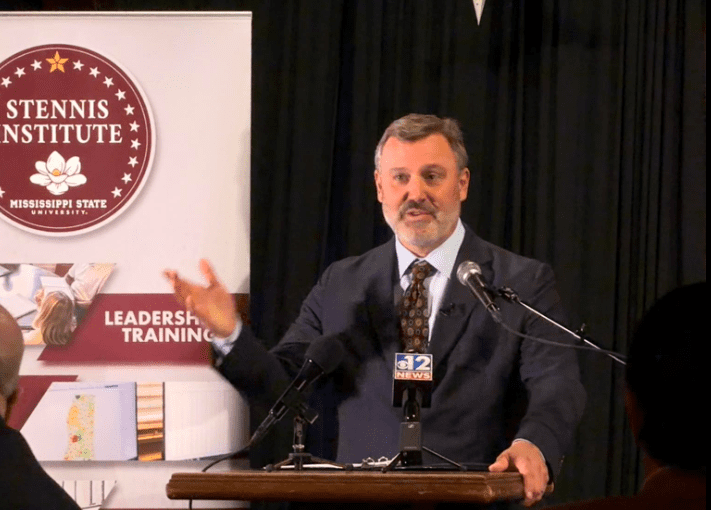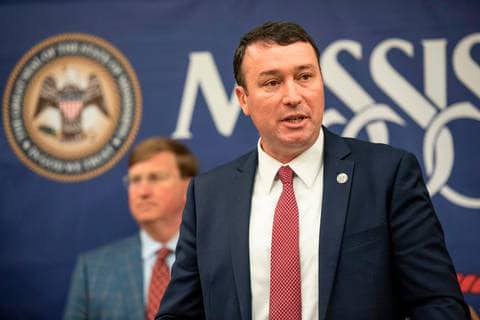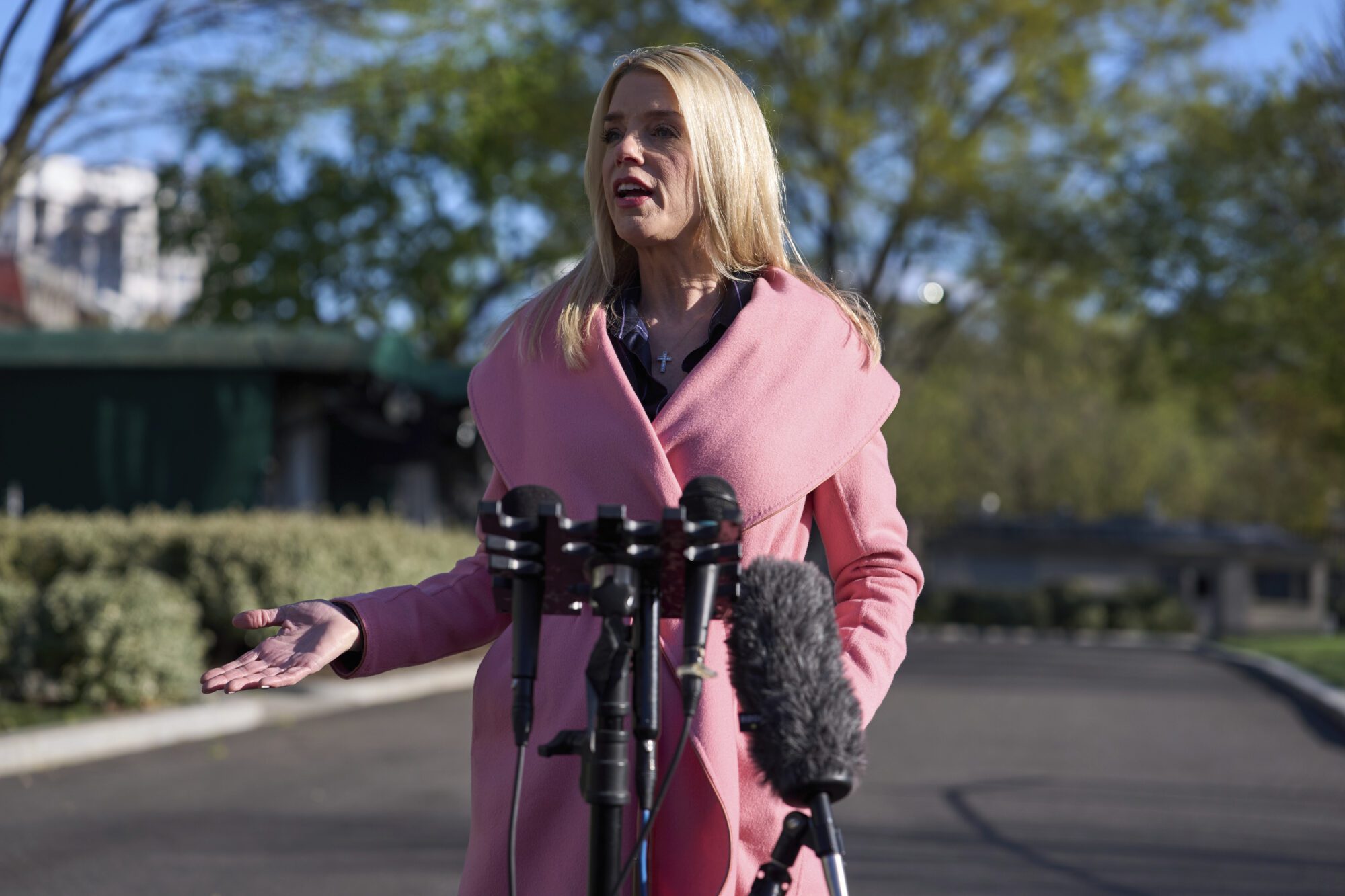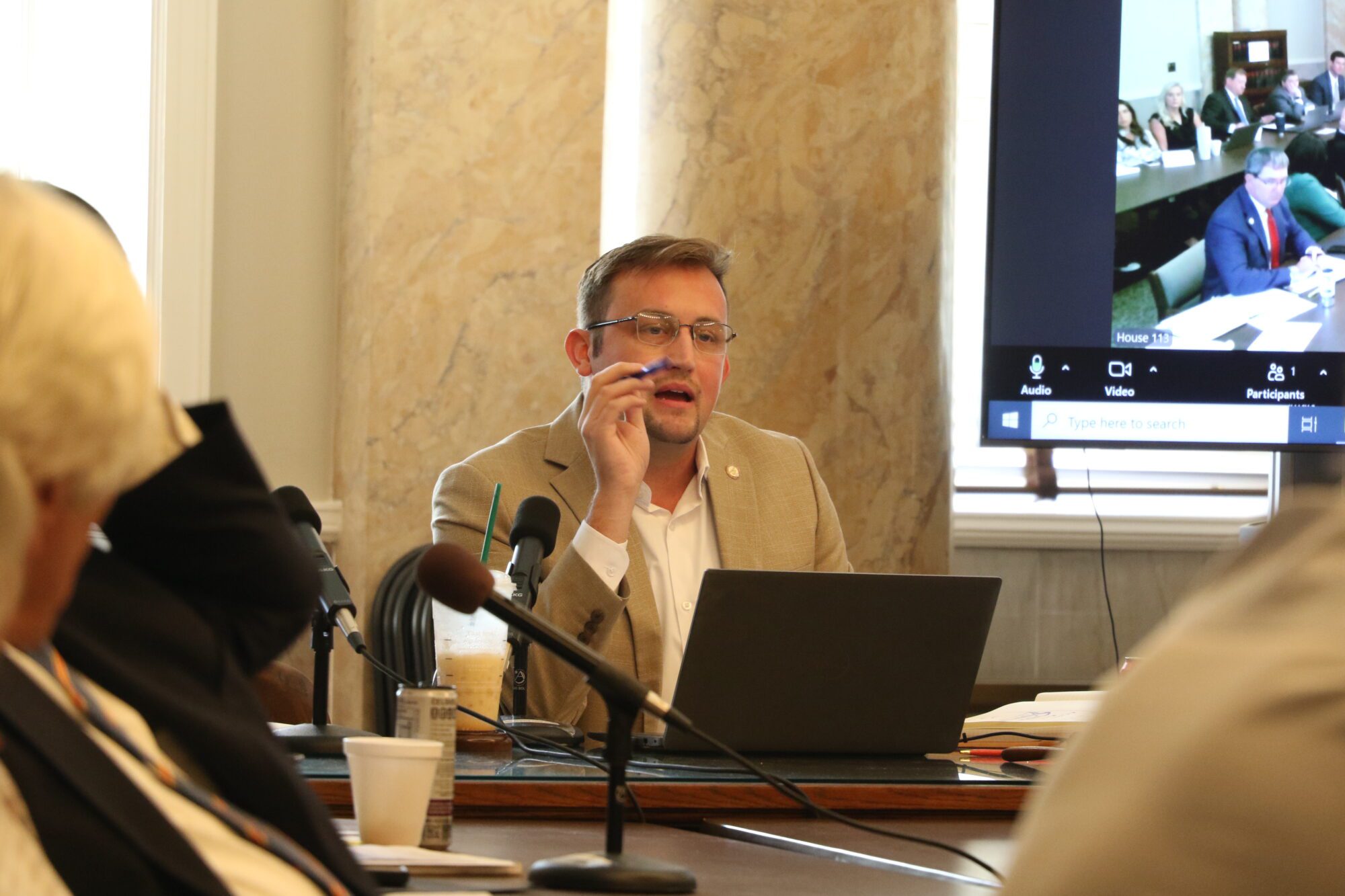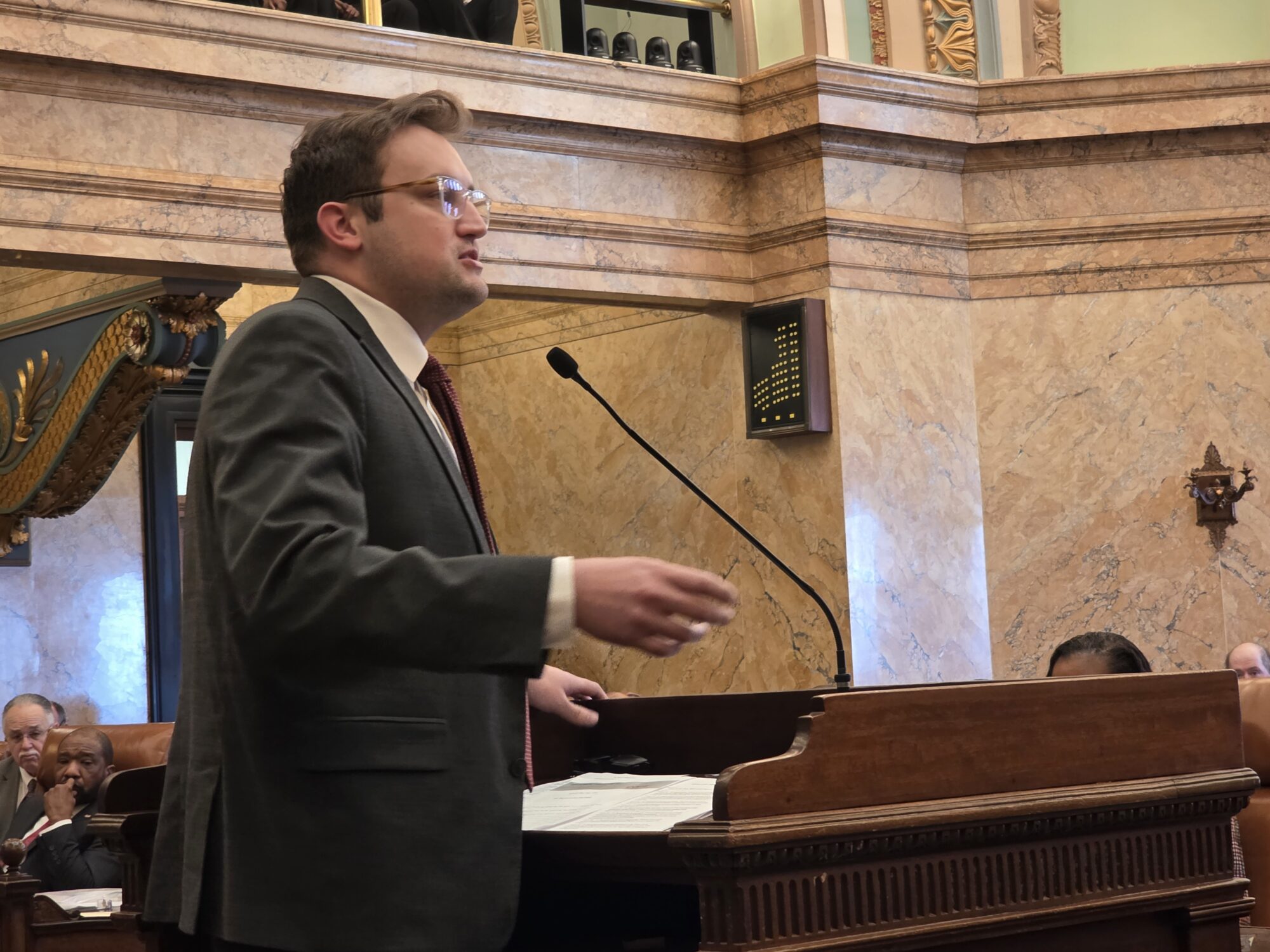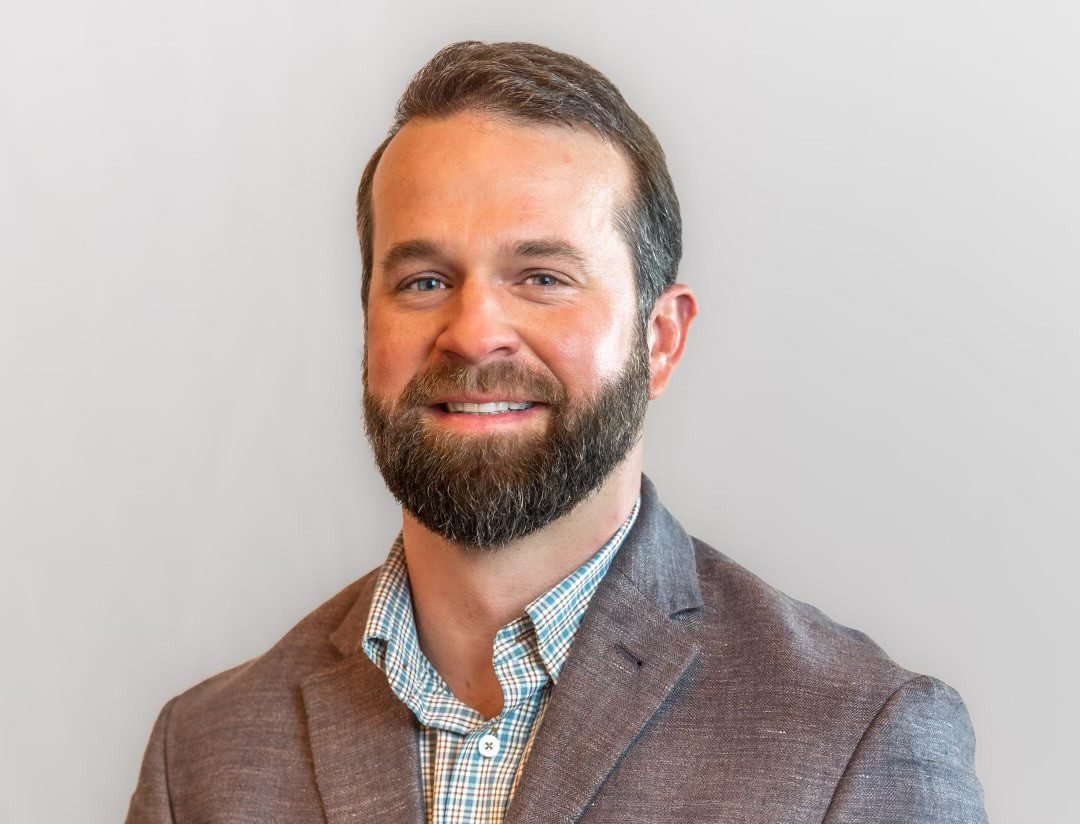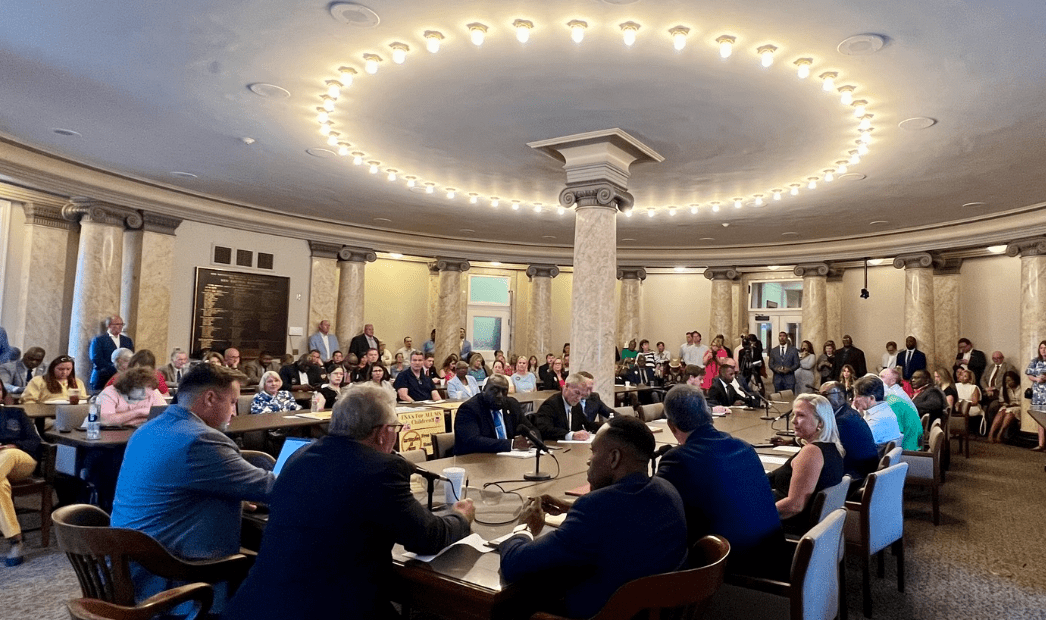
(Photo from Speaker Jason White on Facebook)
- “Even the best school isn’t the best school for every student,” Dr. Lindsey Burke said Monday at a hearing of the Mississippi House Select Committee on Education Freedom.
Members of the Mississippi House Select Committee on Education Freedom heard testimony from two Trump administration officials on Monday on how school choice could help students and parents in the Magnolia State.
While the two officials praised the state’s rise in national education rankings, they told a packed hearing room that school choice could increase Mississippi’s standing even further.
Dr. Laurie Todd-Smith, a Deputy Assistant Secretary for Early Childhood Development at the Administration for Children and Families (ACF) in the U.S. Department of Health and Human Services, said, “I think Mississippi could really learn from how other states have implemented it. You have an opportunity to expand. The research shows that public schools actually get better as a result of having more school choice options.”
Dr. Lindsey Burke, Deputy Chief of Staff for Policy and Programs at the U.S. Department of Education, told the committee that school choice, be it vouchers or education savings accounts, allows parents and students to find the right schools for their needs.
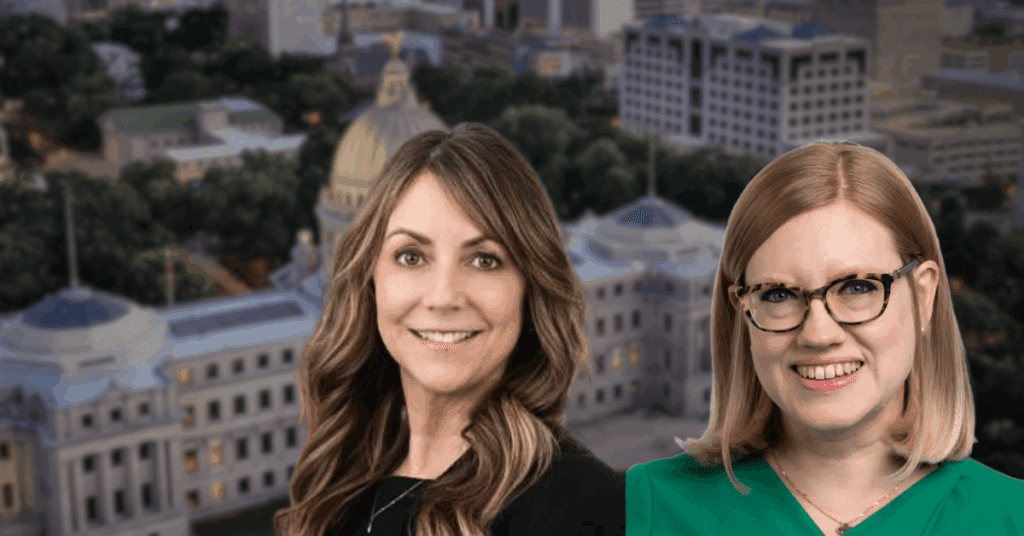
When told by State Rep. Kevin Felsher (R) that only two of Mississippi’s 138 school districts are now failing, Burke replied, “Even the best school isn’t the best school for every student. The question needs to be what school is best for the student.”
Dr. Burke said that since 2011, when Arizona passed school choice legislation, nearly 20 other states have followed. Mississippi’s surrounding states all have various school choice programs.
One question on some lawmakers’ minds was the constitutionality of school choice in Mississippi. Those opposed to expanded education freedom for families contend that public funds should not go to private or religious schools.
Burke explained that the fear was unwarranted. She said the U.S. Supreme Court has ruled that it is “perfectly reasonable” for public monies to end up with religious schools, as the funds go to the family who then sends it to the school of their choosing.
Another question from lawmakers was about rural areas in Mississippi that lack private schools. Dr. Burke said voucher programs can be impactful in less populated areas over time. With school choice, she said, parents’ ability to choose what is best for their child will allow private schools to start up in areas, if that is desired.
Many in the hearing room were public educators who appeared to disagree with the two witnesses, often shaking their heads and asking where Burke and Smith got their statistics. One statistic that had educators in the audience questioning Burke’s sources was that between 1971 and 2023, “there have not been significant differences in outcome” when it comes to 13-year-old students’ reading scores.
“Washington’s involvement is simply not helping,” she said, which was met with soft laughter from some in the audience.
State Rep. Jeffrey Hulum III (D) suggested putting school choice on the ballot, letting Mississippians vote to see what parents truly want.
Leading state education lobbying group The Parents Campaign is actively opposing education freedom reforms. Nancy Loome, the group’s executive director, said in a social media post after the hearing Monday that those opposed must “remain vigilant and work closely alongside our lawmakers to ensure that the callous disregard for the wellbeing of Mississippi’s most vulnerable children does not make it into our education statute.”
“These are dangerous times for our children, our public schools, and our local communities,” Loome wrote.
Republican lawmakers have made passing school choice a top priority for the next legislative session. House Speaker Jason White (R) has said during several speaking engagements that the cornerstone of a House bill will allow education dollars follow the student.
State Rep. Rob Roberson (R), House Education Committee chairman, said the committee has not started drafting a reform bill and will hold additional meetings to gain more insight.
The next meeting of the House select committee is slated for September 25.
